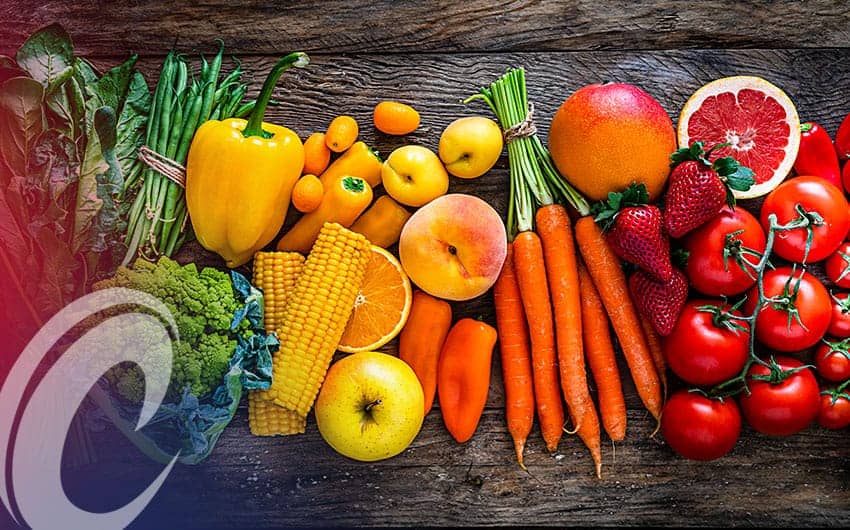You have probably heard the recommendation to eat “mostly whole foods” for your health.
But what does it mean to “eat mostly whole foods”? What are whole foods? And why are they better for your health?
What are whole foods?
 Minimally-processed whole foods include:
Minimally-processed whole foods include:
- Vegetables
- Fruits
- Meat (including poultry)
- Fish and seafood
- Nuts and seeds
- Nut butters and pressed oils
- Beans and lentils
- Whole grains
- Starchy tubers (e.g., potatoes, sweet potatoes)
- Minimally processed dairy (e.g., fresh plain yogurt or cottage cheese)
Whole foods have a few things in common.
You can recognize what it used to be in its natural form. Whole grains look like whole grains from the field — like seeds from a plant. Fresh fruit looks the same in the grocery store as it does on the tree. They don’t come in any packaging, other than what’s necessary to keep them from leaking or rolling around.
They don’t have ingredient labels, however there are a few exceptions. For example, many plain dairy products have ingredient labels because they have to be packaged to be refrigerated. If a whole food does have a label, the ingredient list is short and straightforward. No added sweeteners or flavor enhancers. The more processing steps that a food goes through to change its make-up for packaging, the more nutrients it loses, and the more excess and potentially problematic ingredients are added.
Why whole foods?
Whole foods are more nutrient-dense. These minimally-processed foods are more filling, harder to over-consume, contain fewer calories, and provide more health-promoting nutrients.
That means that whole foods will:
- Help you feel more alert, energetic, and clear-headed
- Keep digestion moving smoothly
- Aid fat loss, muscle growth, strength, and recovery, and
- Make meals feel more satisfying for longer periods of time
So, skip the prepackaged snacks and long ingredients lists, even if the packaging claims “healthy” or “low calorie” or “non-fat.” You are better off with the real thing.
Adapted from Precision Nutrition. For more information and an infographic about the above information or about the Precision Nutrition Program, contact our resident nutrition coach Mike Hannegan at mike@competeperformance.com

